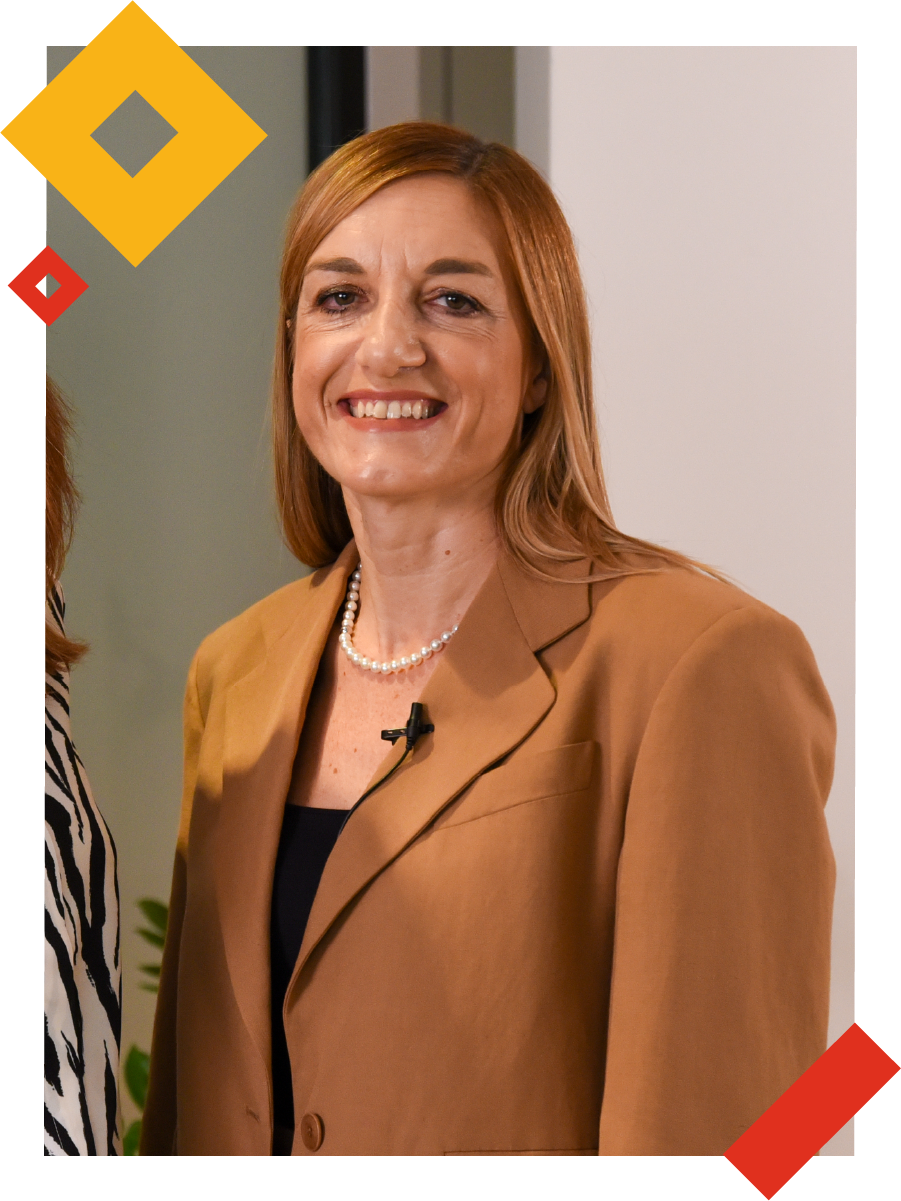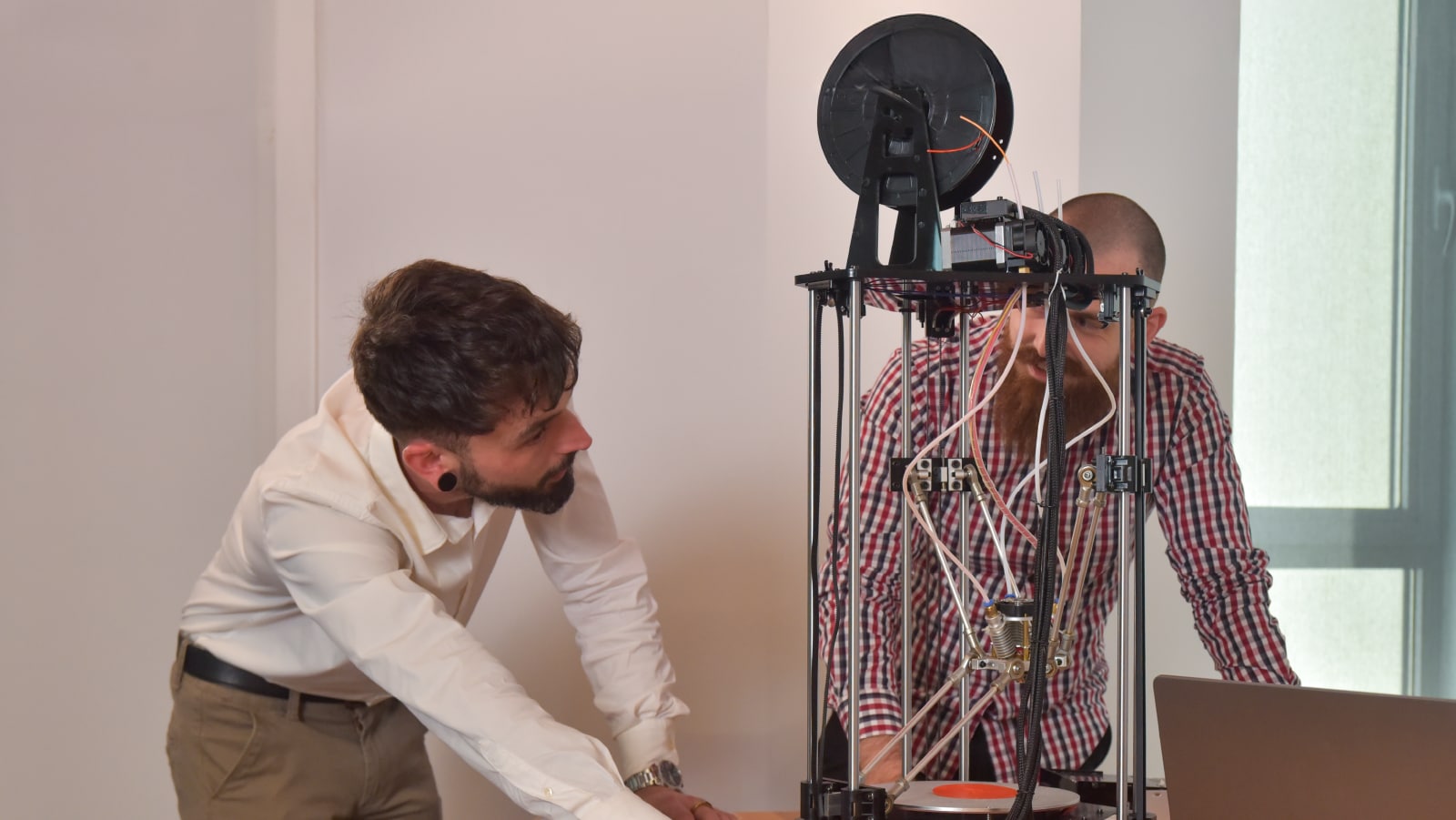Message from Lucienne Pace Ross and Anna Golis
Enterprise risk management is essential to corporate governance.
An effective Enterprise Risk Management, also known as ERM, involves identifying, evaluating, and mitigating risks that could impact the firm's operation and reputation and therefore ensure that we maintain public trust.
By implementing a robust risk assessment framework, the firm can navigate uncertainties and enhance service quality.
Our ERM addresses a number of risks, including amongst others, the following main focus areas: ethical culture, regulatory compliance, clients and service quality, people, environmental risk and technological resilience.

Lucienne Pace Ross
Risk Partner
At PwC, ethical culture is highly valued, stressing the importance of maintaining high standards of professional conduct.
In 2024, related risk assessments and responses were enhanced to capture the risks around training integrity and other potentially unethical behaviours.
Additionally, several sessions were held to promote the importance of the speak-up culture, using real-life examples from our revised Code of Conduct.
Regulatory compliance is fundamental in what we do. The ERM framework helps us identify the evolving regulations and professional standards, ensuring we have the right structures and responses to meet applicable requirements at all times.
When it comes to Client and Service Quality, the firm’s selection process includes an acceptance panel to approve new clients as well as comprehensive questionnaires to evaluate relevant risks. The risk assessment also looks at possible risks in delivering services during client engagements. It includes measures and controls to maintain service quality and ensure client satisfaction.
Attracting, retaining and developing top talents will remain a priority that needs to be addressed on an ongoing basis. Our responses remain focusing on continuous professional development, fostering the culture of learning, promoting diversity and inclusion within our teams, in addition to our recruitment and retention strategies.
Environmental risks can stem from climate as well as regulatory changes, which both impact PwC and our clients. Our risk assessment takes into account the risk of not meeting the network commitments relevant to the environment and additional risks associated with reporting on our clients’ corporate sustainability for the first year. The new client reporting is expected to bring about a number of changes to our policies, processes, engagement team structures and training requirements.
Technology resilience ensures ongoing operations, protects data, and mitigates risk from cyber threats, system failures and data breaches. We have a dedicated team which is led by our Chief Technology Officer that is responsible for planning and testing of critical systems and applications, including our business continuity and disaster recovery plan.
In conclusion, the Enterprise Risk Management process is vital for us to achieve and maintain excellence. It supports leadership in focusing on key areas and navigating complexities of the assurance landscape.

Anna Golis
Quality and Risk Management Manager
Contact us























